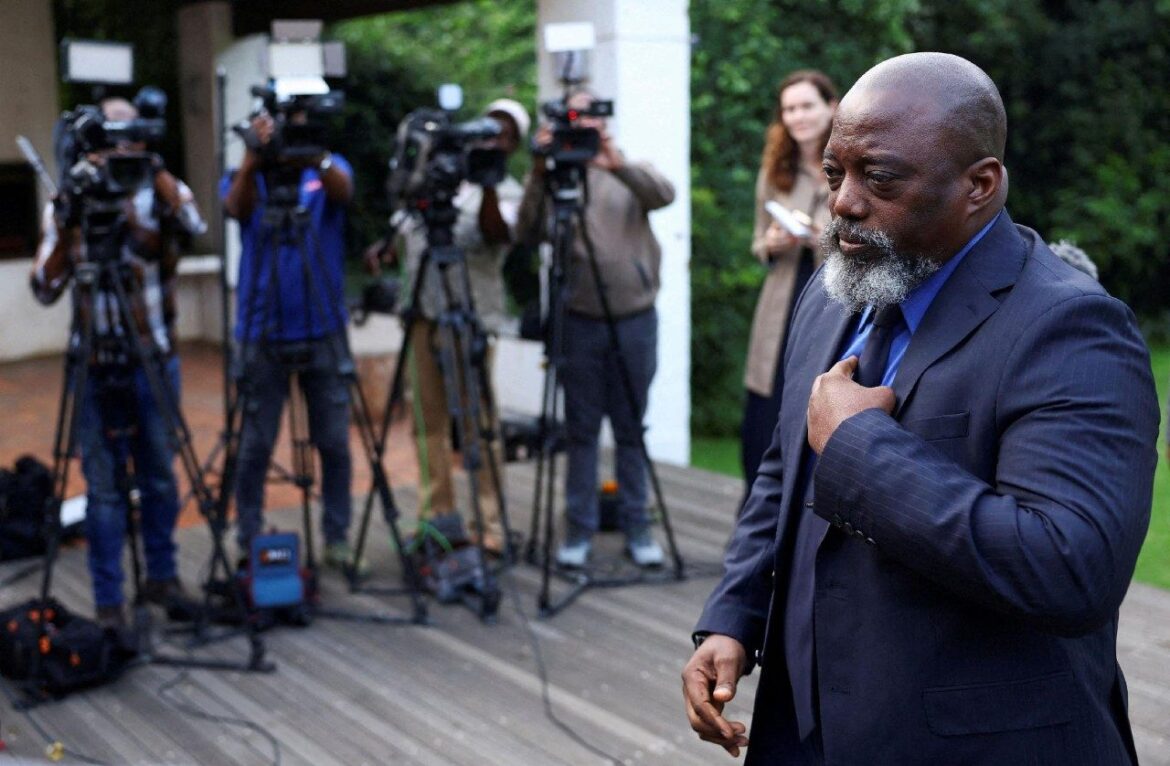
In the aftermath of the death sentence pronounced by the High Military Court against former Congolese President Joseph Kabila, Bishops in the Democratic Republic of Congo (DRC) under the auspices of the Conférence épiscopale nationale du Congo (CENCO) have said that they are dismayed and shocked by the verdict.
Jean-Paul Kamba, SJ – Vatican City
News of the death sentence on the former Congolese head of state, Joseph Kabila Kabange, by the High Military Court continues to make headlines in the DRC. The fourth Congolese president was notably found guilty of war crimes, murder, sexual assault, torture, participation in an insurrectional movement, conspiracy, and supporting terrorism.
Horrified by the verdict
The reaction from the Congolese Bishops was swift. In a statement made public on Monday, 6 October, the Archbishops and Bishops—as members of CENCO—recalled that their country’s Constitution “safeguards the sanctity of human life and considers it among the fundamental rights that cannot be violated under any circumstance.” They argue that the death penalty is a contradiction and a violation of the right to life defended by the Church.
“The death penalty and its retributive logic are not compatible with the Gospel,” insist the prelates.
In early 2025, clashes between the DRC’s security forces and the Rwandan-backed militant group M23 resulted in the seizure of key eastern DRC cities, including Goma and Bukavu.
The Bishops have, in recent months, been at the forefront of encouraging dialogue and the restoration of peace, especially in the eastern region of the DRC. They say the government should promote national cohesion and ensure the integrity of the national territory, reiterating they were “horrified by the verdict of the Kinshasa High Military Court, following the summary criminal trial conducted against the former President Joseph Kabila, which sentenced him to death.”
CENCO reaffirmed its position already expressed in 2024 against calls by some in the DRC to lift the moratorium on the death penalty (in effect since 2003).
Political actors – need for dialogue
“Considering the concern raised by the High Military Court’s decision and the urgent need to strengthen national cohesion, we reiterate our call to actors, driven by love and peace for the Democratic Republic of Congo and involved in resolving its multiple crises, to seek political solutions,” said the Bishops.
Given the context of war and insecurity characterising the DRC, the Bishops urge political leaders to prioritise inclusive dialogue, which they emphasise, “remains the best way to address the root causes of these crises and to restore unity, peace, social harmony, and the territorial integrity of our country,” they said. They further stress that inclusive dialogue has become more urgent given the stalemate of the crisis and its consequences on the Congolese population.”
“We rightly commend the efforts made by the belligerents, institutions, and international partners to stem the security crisis afflicting our country. However, we believe these efforts will be futile unless Congolese political actors resolutely and concretely engage in inclusive dialogue and respect, beforehand, the already signed agreements, if only to build mutual trust.”

